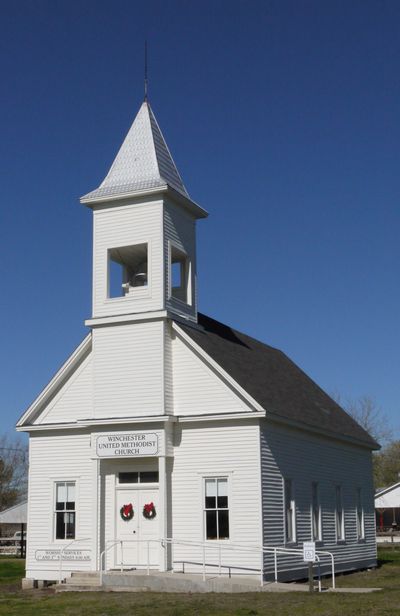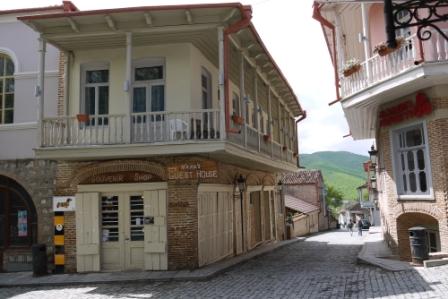Continuing the religious theme – well, it is Easter – various accolades a few weeks past for Archbishop of Canterbury Dr Rowan Williams who’s announced he’s standing down later this year. A thoughtful, learned chap, I wasn’t entirely surprised to learn he plans to return to academia. But the religious leader I’d found myself in most admiration for is one Clemens August Galen. You’d be entirely forgiven if you’d never heard of him, for I certainly hadn’t until I’d uncovered him quite by chance in the pages of a friend’s paperback.
A Catholic bishop in Germany during the dark days of National Socialism, he’d bravely spoken out against Hitler’s racist policies, the Gestapo, of the euthanasia of those perceived as weak and infirm. And, surprisingly, with an element of success, at least the overt killing of mental patients being halted. But not without considerable risk to himself, leading Nazi Joseph Goebbels assuring friends Galen would be executed just as soon as Germany had achieved victory.
I’d been reading the story of Sophie Scholl, a young woman who’d also chosen to speak out against the unspeakable, before being brutally executed in Munich in 1943 for distributing anti-Nazi pamphlets. A grim but somehow heart warming. That even in the darkest of places, there are always good people, prepared to sacrifice everything for what they believe is right. Challenging the oft, including my own, mistaken belief of a people cowering under tyranny, unwilling to speak out.
But I was off to meet a fellow traveller, recently returned from distant southern shores, for lunch in a quirky London restaurant south of the river. He’d travelled extensively throughout South America, for which I’d both admiration and curiosity in equal measure. And I liked the directions for the rendezvous. Quiet suburban street. Philippino women. Pristine new page in my A-Z with the unmistakable scent of fresh print, the road circled with a fountain pen and house number committed to memory. Noon sharp. Contemplating the quickest route, I’d found myself doodling over the Thames. Concentric shapes, straight edges rather than curves.
Thoughts of the southern oceans abounding, for I’d once sailed around Cape Horn, I’d come across an analysis of Shackleton’s leadership during his expedition to Antarctica aboard the Endurance. It read a little like those self-help books, the sort sold to tired, worn out suits at airports. A somewhat lighter read than Sophie Scholl, it was the Preface, penned by his grand-daughter, that drew me in. Her account of a visit to her grandfather’s grave in South Georgia, and the sudden recollection that I’d been there with her. Bitterly cold but bright I seemed to remember. My fellow traveller knew her well.
Leadership lessons from Shackleton quickly digested, my afternoon train out of London being fairly quiet, and I found myself returning to darker literature. Inspired this time by a recent BBC Radio 4 piece about State sponsored assassinations, I’d dug out an account of plots to kill Hitler, surprised at just how many there’d been. Positively queuing up. If Adolf had ever felt paranoid, he’d have been quite justified. Led quickly from the court room to meet her fate, Sophie Scholl would never have known that she and her fellow conspirators were far from alone, that others also wanted to bring war to an end, and were prepared to act, even if it placed them, and their families, in great peril.
But, despite the supposed enthusiasm of Israel’s Mossad for such things, it seemed most nations were actually quite reluctant to go around bumping off even the most vile and undesirable. Difficult to determine whether exactly this was necessarily a moral judgement, or a practical one. Or simply concern that whoever replaced a deceased, might be at best an unknown quantity, at worst a far greater danger. Certainly a persuasive argument for the Allies in not pursuing the assassination of Hitler. Perhaps nations were just reluctant to admit they favoured some measures, presumably to avoid recriminations. Or, in the case of occupied territories, retribution against innocent inhabitants.
There’d been respite from the moral maze. Her name was Ifrah and she was from the Sudan. Djibouti. But now settled in south London. She’d soft facial features, warm and engaging, and we were quickly engrossed in conversation. Did she often go back to Africa? Where was home now? Adding I’d love to ride through that part of the world. Even made a brief stop once in Djibouti. Quick to explain I wasn’t quite as mad as I might seem, had managed four continents, had a good measure of the risks. Kidnapping for one. About the only indecent living to be had there.
[Ken has been reading “Sophie Scholl and the White Rose” by Annette Dumbach and Jud Newborn, published by Oneworld Publications, “Shackleton’s Way” by Margot Morrell and Stephanie Capparell, published by Nicholas Brealey Publishing, “Killing Hitler. The Third Reich and the plots to kill the Fuhrer” by Roger Moorhouse, published by Vintage Books, and “Heydrich. Henchman of Death” by Charles Whiting, published by Pen & Sword Select. Who knows what next week will bring…]














